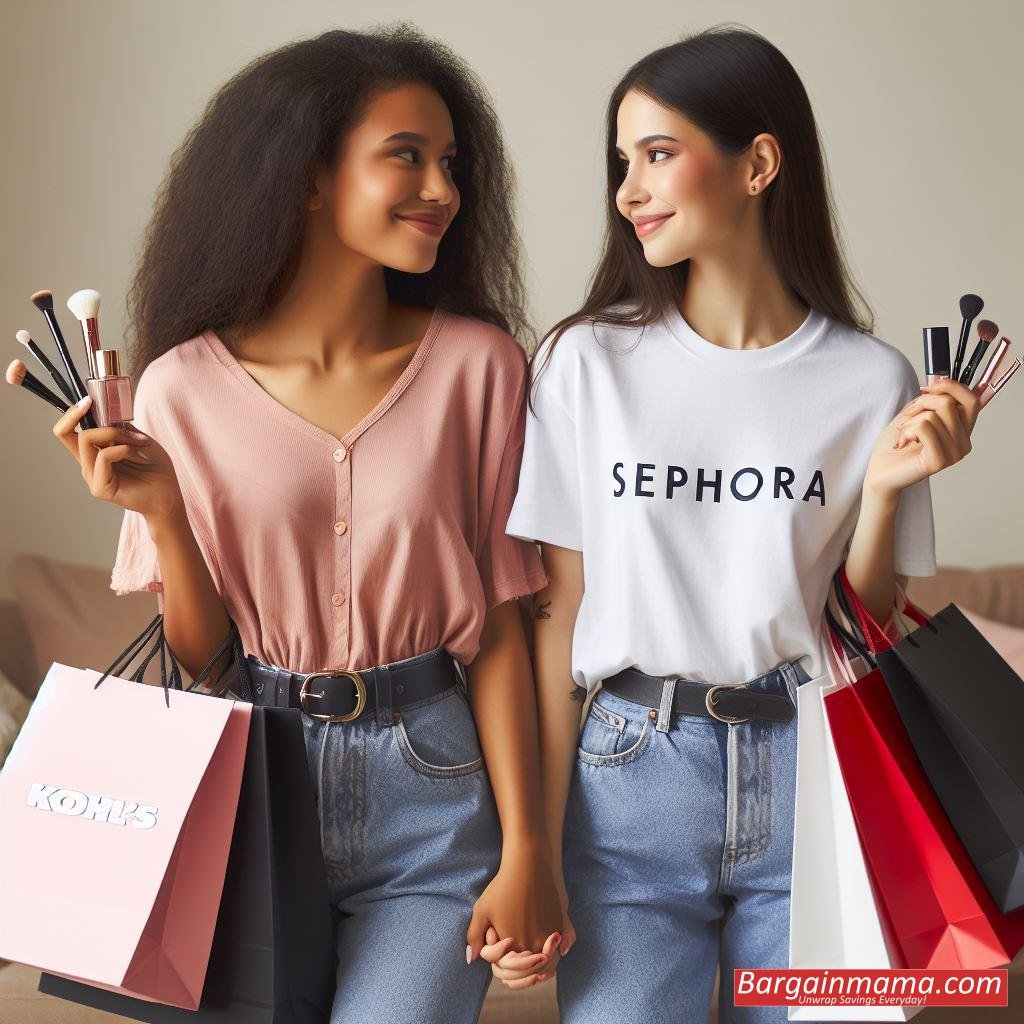Powerhouse in the luxury goods industry LVMH, known for labels like Tiffany, Dior, and Louis Vuitton, has reported an astounding 10% increase in revenue for the fourth quarter, outpacing the results of the previous quarter. Strong demand, especially from Chinese customers who preferred LVMH’s luxury fashion products throughout the pivotal year-end season, is credited with the strong momentum.
The CEO of LVMH, Bernard Arnault, highlighted that the biggest demand is being seen worldwide for products at the highest end, with Christian Dior and other haute couture labels setting the standard. Chief Financial Officer Jean-Jacques Guiony said that Louis Vuitton saw a significant uptick from wealthy Chinese consumers in Europe, reaching 70% of pre-pandemic 2019 levels.

Apart from strong sales of premium items, LVMH witnessed noteworthy expansion in its “selective retailing” sector, spearheaded by Sephora. The collaboration between Sephora and Kohl’s was very successful, resulting in an astounding 25% increase in this segment’s revenue, or around €18 billion.
Kohl’s and Sephora:
In the final quarter of the year, LVMH’s total sales were close to $26 billion, and Arnault was rather optimistic about the company’s prospects for 2024. Not only has the collaboration been favourable for LVMH, but Kohl’s has reaped benefits as well; by 2025, the company hopes to generate $2 billion in revenue.
During a November earnings call, Kohl’s CEO Tom Kingsbury called the company’s collaboration with Sephora “phenomenal,” saying it helped the company’s overall beauty sales rise by more than 70% in the quarter.

Luxury Sector Landscape:
Despite difficulties with consumer spending, the larger luxury goods industry, as represented by companies like LVMH and Richemont, is still strong. Richemont reported an 8% year-over-year revenue gain, hitting $6.1 billion, powered by robust demand in China, Hong Kong, and Macau.
Conversely, rivals aiming for more affordable price points, like Burberry in the UK, had challenges, claiming a drop in sales of luxury goods over the Christmas season. Despite difficulties in the upmarket market, Neiman Marcus reported a little decline in holiday sales and expressed satisfaction with the performance.
While some consumers have reduced their expenditure on luxury goods, firms like Hugo Boss, which target millennial and Generation Z consumers, have seen record-breaking sales. CEO of Hugo Boss Daniel Grieder emphasised the remarkable performance of the business, which closed 2023 with double-digit gains in both the top and bottom lines.

LVMH Based on the Figures:
The remarkable allure of LVMH’s Maisons is evident in the company’s overall performance in 2023, which brought in €86.2 billion in revenue and 13% organic growth over 2022. With the exception of Wines & Spirits, which had difficulties because of a high basis of comparison and excessive inventory levels, all business groups showed organic sales growth.
The operating margin did not change from 2022 to 2023, but the profit from recurring operations increased by 8% to €22.8 billion. The group’s net profit share increased by 8% to €15.2 billion, demonstrating LVMH’s ability to weather both economic and geopolitical storms.



